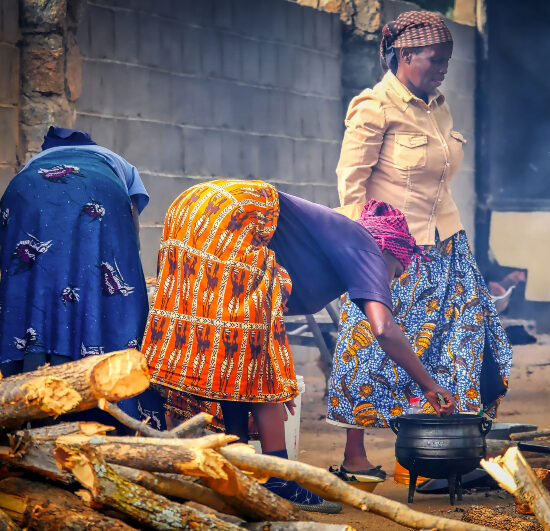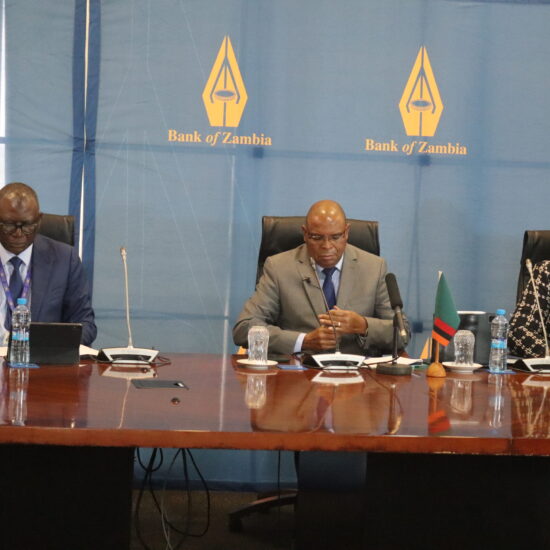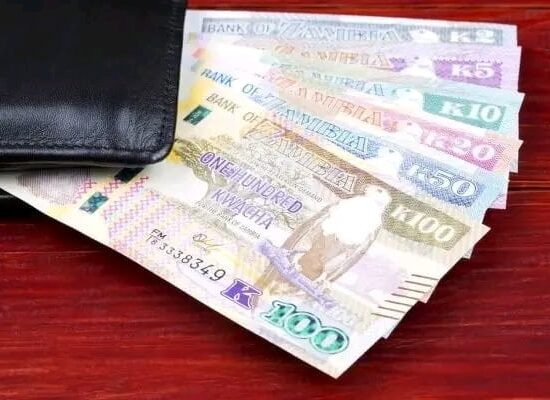Official statistics have revealed that the annual inflation for Western Province has jumped from 11.9 percent in August 2023 to 15.2 percent a month-on-month average price or inflation jump of about 30 percent.
A month-on-month increase of 30% in average annual prices of commodities and non-food items in the national basket is tantamount to an economic shock for most local businesses and households, a situation that needs urgent attention as incomes or salaries of the residents of this region have not risen by that quantum within subsequent months.
According to the report, the western province contributed the highest percentage of 15.2 percent provincial inflation for the period of September 2023. In the last report, Western province was the third highest contributing 11.9 percent only behind Eastern province which contributed 12.2 percent, and Lusaka which led with 12.5 percent.
Reacting to the report by the government’s own statistics, The Western Province Chamber of Commerce has attributed this to the poor economic indicators in the province.
Speaking in an exclusive interview with the Zambian Business Times – ZBT, the Chamber, Vice Secretary Samuel Litebele said the poverty levels in the province stand at 78.6 percent.
Litebele disclosed that unemployment levels in the province are high stating that the province is one of the provinces with a high unemployment rate of 13.9 percent, with a population of about 1.2 million. He said most of the people are involved in very scant economic activities or small-scale business businesses selling items such as. Vegetables, Rice, Timber, Fish, and Trading, while the other group of people are Civil Servants. “We do not have industries that are employing a good number of people, and this is related to unemployment,” said Litebele.
Litebele also mentioned that most of the goods come from either Lusaka or Mumbwa, including food, and that the road network is in a very deplorable state.
He said some of the causes include the depreciation of the kwacha, as well as the rise in fuel leading to an increase in transport cost, energy, and electricity, which have an influence on inflation.
Litebele further noted that there is a deficit of maize, which is causing high mealie meal prices, ranging at about K290 which is on the higher side, especially for most people who are not employed.
Litebele further mentioned that an increase in money supply though debatable can fuel inflation. “We have seen a lot of money coming from CDF, a lot of money coming from FISP, a lot of money coming from social cash transfer in the community, so that could fuel inflation because if you have more money, but you do not have the goods and services, then the prices go up,” said Litebele. He added that low agricultural produce is one of the key contributing factors, noting that food items such as cabbage, tomato, beans, and kapenta, are imported into the province. Litebele said there is also a shortage of drugs in the hospitals, causing people to purchase from the private sector which is expensive.
Litebele said with such issues, the money loses purchasing power, hence people buy less. He said some of the interventions that can be done, is to reduce the cost of capital, and that people should be able to access the –CDF- loans which are cheaper, as well as from the Citizens Economic Empowerment Commission –CEEC- , and the Ministry of Small and Medium Enterprise –SMEs-. “We have not seen much coming into the community, especially from CDF, and CEEC” said Litebele. He said government should be able to control the inflation rate through the Monetary Policy rate to discourage borrowing, noting that interest rates at the bank are high. “This is what they should be doing to discourage people from borrowing, even though that could have a rippling effect again on production, but people should be kind of discouraged from borrowing expensive money, and borrow cheap money from CDF and CEEC” said Litebele. He said the government should put in more money in CDF, and CEEC.
Litebele mentioned that from the consumer’s side, there is need to grow more of the foods being imported, and eat more from what is produced locally. He said there is also need to increase household incomes by engaging in activities such as poultry, sewing, gardening, and perhaps village banking, which can be some of the things that can be helpful to the people.







